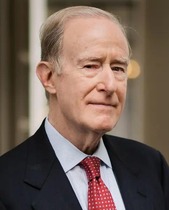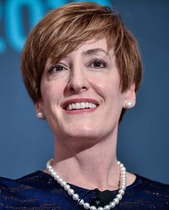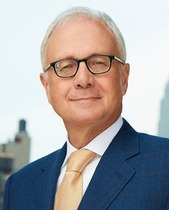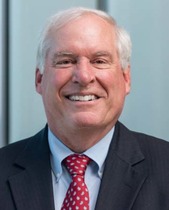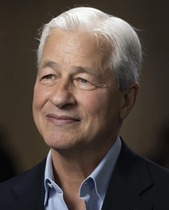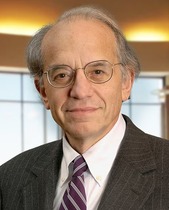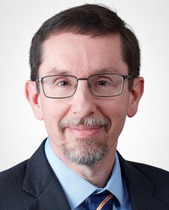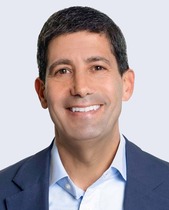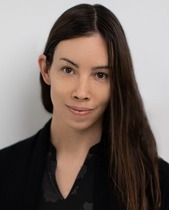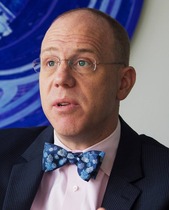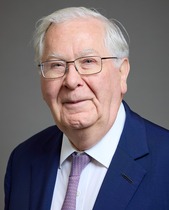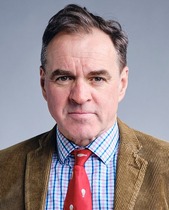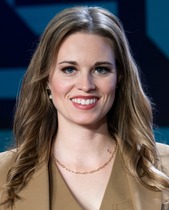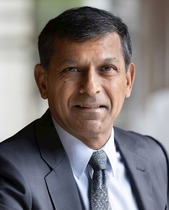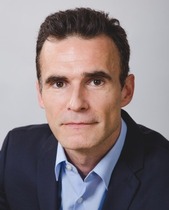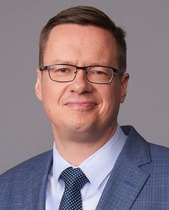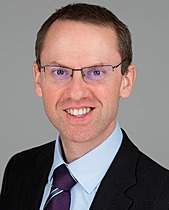
Monetary Policy
Monetary Policy refers to the actions undertaken by a nation’s central bank to control money supply to achieve macroeconomic goals that promote sustainable economic growth. Generally classified as either expansionary or contractionary, Money Policy is utilized to achieve objectives including inflation, consumption, growth and liquidity. It has a great influence on the economic activity by manipulating the supplies of money and credit, and by altering these interests, by including tools such as open market operations, direct lending to banks, bank reserve requirements, unconventional emergency lending programs, and managing market expectations. The three objectives of monetary policy are controlling inflation, managing employment levels, and maintaining long term interest rates.
Experts
Adam Posen
Alan Greenspan
Alberto Gallo
Allison Schrager
Anna Wong
Axel Merk
Barry Eichengreen
Ben Bernanke
Benjamin Friedman
Bill Nelson
Brad DeLong
Caitlin Long
Caleb Franzen
Charles Goodhart
Christopher Dembik
Claudia Sahm
Claudio Borio
Daniel Drezner
Daniel Lacalle
Danielle Booth
Dario Perkins
David Andolfatto
David Kotok
David Zervos
Dennis Lockhart
Dominique Dwor-Frécaut
E.J. Antoni
Ed Yardeni
Eric Rosengren
Fabio Natalucci
Felix Zulauf
Frances Coppola
Freya Beamish
Gerard Minack
Greg Mankiw
Ira Walker
Jamie Dimon
Jeff Frieden
Jeff Snider
Jens Nordvig
Jeremy Siegel
Jessica Rabe
Jim Bianco
John Cochrane
John Schindler
John Taylor
Joseph Wang
Judy Shelton
Keith Weiner
Kenneth Rogoff
Kevin Warsh
Lacy Hunt
Lev Menand
Louis-Vincent Gave
Lucrezia Reichlin
Lyn Alden
Magdalena Polan
Manmohan Singh
Marc Chandler
Mark Dow
Mark Zandi
Martin Wolf
Marvin Barth
Megan Greene
Mervyn King
Neil Shearing
Niall Ferguson
Nomi Prins
Nouriel Roubini
Oliver Harvey
Patrick Perret-Green
Paul Tucker
Pedro da Costa
Perianne Boring
Raghuram Rajan
Renè Aninao
Richard Werner
Robert Johnson
Rohan Grey
Saifedean Ammous
Sean Fieler
Simon Bowmaker
Simon Potter
Skanda Amarnath
Srinivas Thiruvadanthai
Thomas Mayer
Thomas Philippon
Tom Hoenig
Trey Reik
Tuomas Malinen
Wade Pfau
Warren Mosler
Weston Nakamura
Will Denyer
Monetary Policy Includes:
- How much a central bank decides to print
- How much credit a central bank decides to create
- How much credit costs
Monetary Policy Can Also Cause Boom and Bust Cycles








